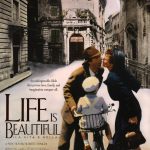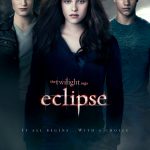Gothika (2003)
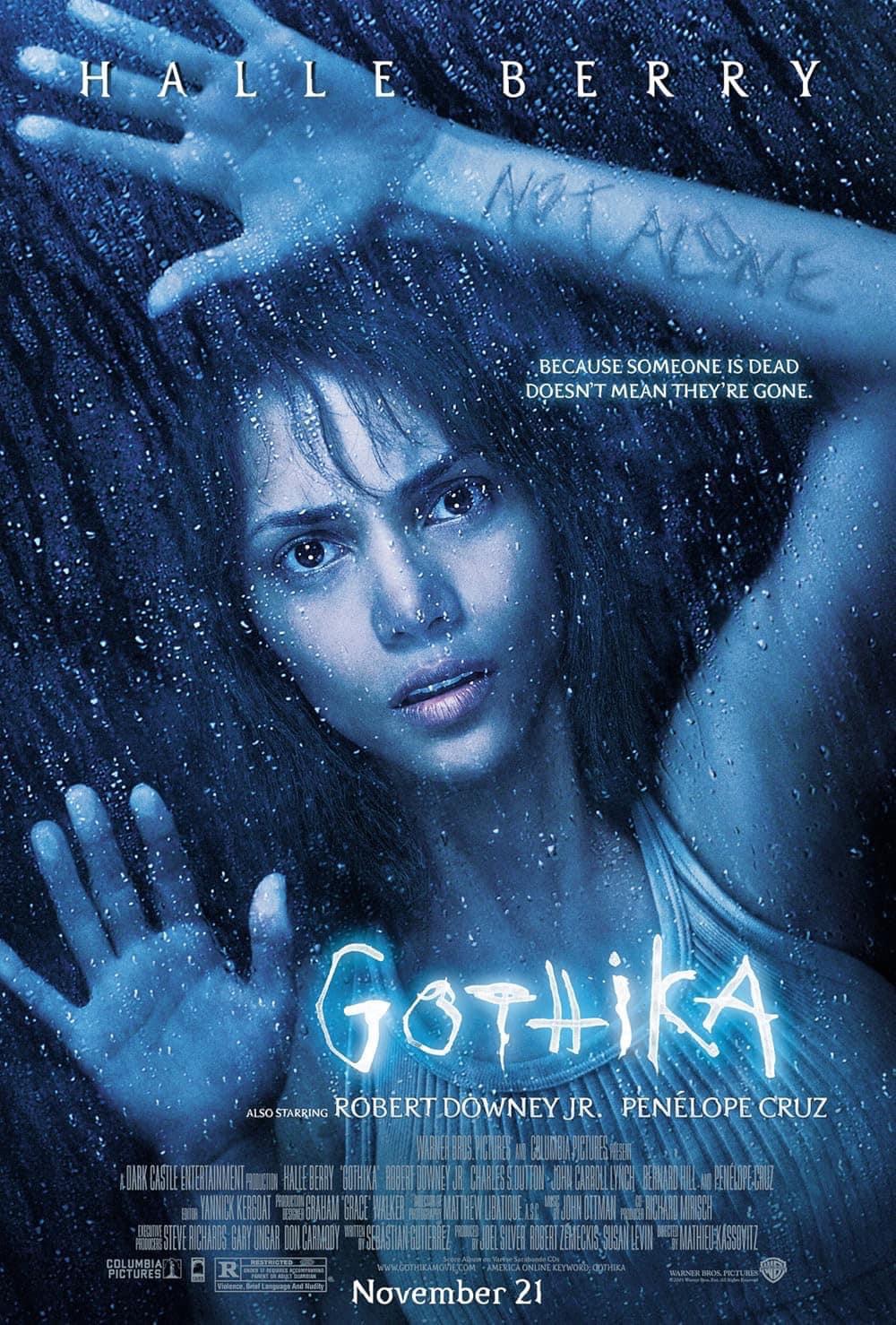
Gothika (2003) is a psychological horror film directed by Mathieu Kassovitz and stars Halle Berry as Dr. Miranda Grey, a psychiatrist at a mental institution. The film combines elements of supernatural horror with psychological thriller tropes, creating a tense and eerie atmosphere throughout its runtime.
Suggested videos for you:
Plot Summary
The story begins with Dr. Grey, who is dedicated to her work and deeply committed to her patients. However, her life takes a dramatic turn when she awakens in a mental institution after being involved in a car accident. Confused and disoriented, she learns that she has been accused of murdering her husband, Doug (played by Charles S. Dutton), and she has no memory of the events leading up to the crime.
As Miranda tries to piece together the circumstances surrounding her husband’s death, she experiences disturbing visions and ghostly encounters with a mysterious woman, which lead her to question her sanity. The narrative unfolds through flashbacks and visions, blending Miranda’s perspective with the testimonies of her colleagues and patients.
As the plot progresses, Miranda discovers that the institution is haunted by a vengeful spirit who seems to be connected to her husband’s death. The film explores themes of trauma, guilt, and the struggle for identity amidst the chaos of mental illness.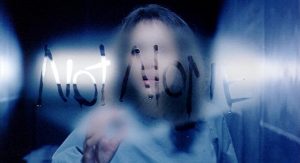
Themes and Analysis
Identity and Memory: One of the central themes of Gothika is the exploration of identity and the reliability of memory. Miranda’s gradual unraveling of her situation raises questions about how our past shapes our present and how trauma can distort reality.
Gender and Power Dynamics: The film delves into the power dynamics present within the psychiatric system, particularly concerning women. Miranda is portrayed as a strong female character, but she is also subjected to the patriarchal assumptions of her male colleagues. Her journey serves as a critique of the ways women’s voices can be silenced or dismissed in both medical and societal contexts.
Supernatural Elements: The supernatural aspects of the film are integral to its horror elements. The ghostly encounters serve not only to frighten but also to propel the narrative forward, leading Miranda to uncover hidden truths. The horror is psychological as much as it is supernatural, blurring the lines between reality and illusion.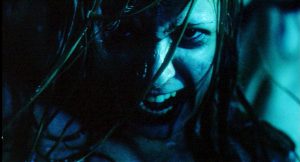
Performances
Halle Berry delivers a compelling performance as Dr. Miranda Grey, effectively capturing her character’s descent into paranoia and confusion. Her portrayal of a woman struggling against both external and internal forces is a highlight of the film. The supporting cast, including Robert Downey Jr. as the skeptical psychiatrist Dr. Pete Graham and Penélope Cruz as a fellow patient, adds depth to the narrative, though some characters can feel underdeveloped.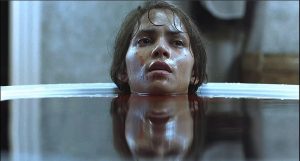
Cinematography and Direction
The film’s cinematography, handled by Mathieu Kassovitz, employs dim lighting and shadowy visuals to enhance the sense of dread and claustrophobia. The mental institution itself is depicted as a labyrinthine structure, echoing the confusion and entrapment felt by Miranda. The score, composed by John Ottman, complements the eerie atmosphere, heightening the suspense during critical moments.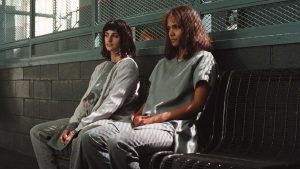
Critique
While Gothika boasts an intriguing premise and strong performances, it is not without its flaws. Critics have pointed out that the film’s pacing can be uneven, and some plot twists may feel contrived or predictable. Additionally, the film’s reliance on horror tropes can lead to moments that feel cliché. However, these elements do not significantly detract from the overall experience.
Conclusion
In summary, Gothika is a gripping psychological horror film that blends supernatural elements with a complex narrative centered on identity and trauma. Halle Berry’s powerful performance anchors the film, while the atmospheric direction and cinematography create a tense viewing experience. Despite its shortcomings, Gothika remains a memorable entry in the early 2000s horror genre, offering both scares and thoughtful commentary on the nature of reality and the human psyche.






